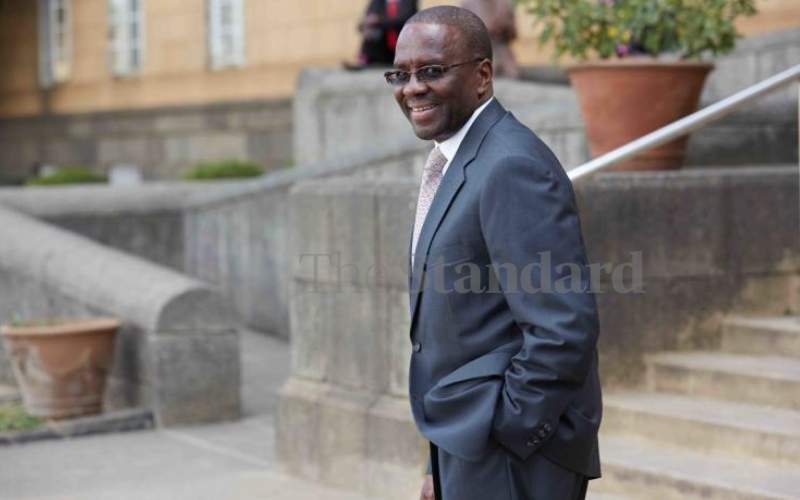×
The Standard e-Paper
Fearless, Trusted News

Former Chief Justice Willy Mutunga. [File, Standard]
“I have done my own investigation people are getting to accept that it will be a race between William Ruto and Raila Odinga. As of now, William Ruto will beat Raila,” is the conclusion of former Chief Justice Willy Mutunga.